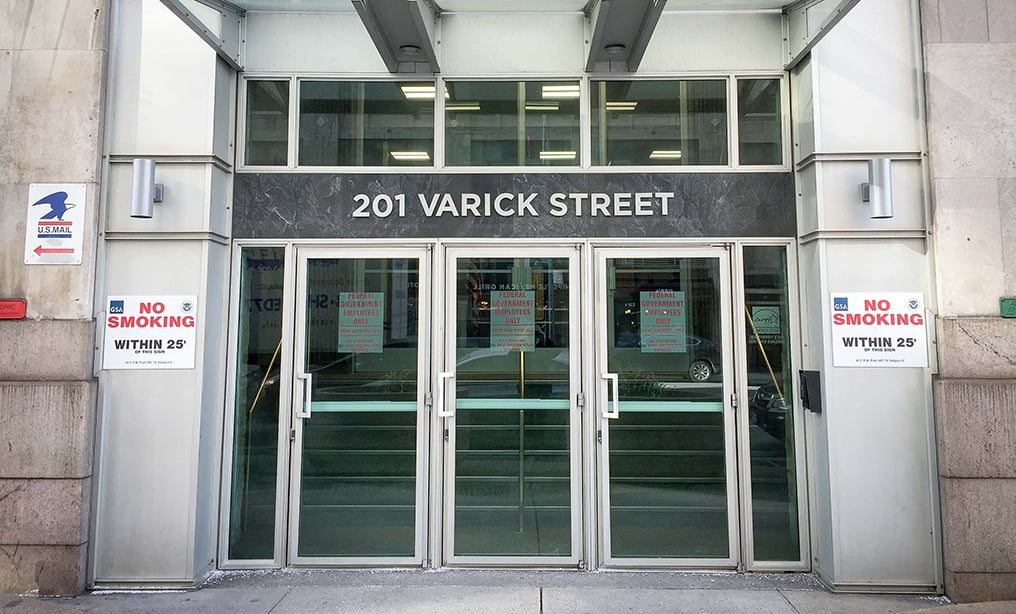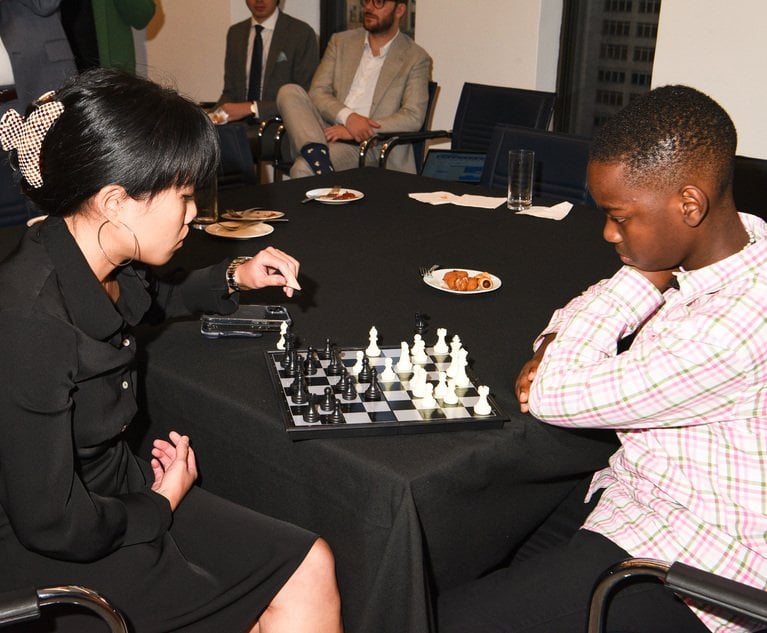On Nov. 27, 2018, the New York Court of Appeals handed down a decision that fashions a new rule when the criminal justice system is processing a non-citizen: No matter what level crime the non-citizen is charged with, if the possible consequence is deportation, he or she is entitled to a jury trial. The case is People v. Suazo, 2018 NY Slip Op 08056. The distilled holding of Suazo is that immigration consequences transform a state “petty” offense into a “serious” offense.
The facts of Suazo, a Bronx case, are not extraordinary: The defendant grabbed the mother of his children, threw her to the floor, placed his hands around her neck and squeezed and then struck her numerous times in the head and neck with his fist. A month later, Suazo was also charged with criminal contempt in the second degree due to his violations of an order of protection.


 Joseph D. Nohavicka
Joseph D. Nohavicka




